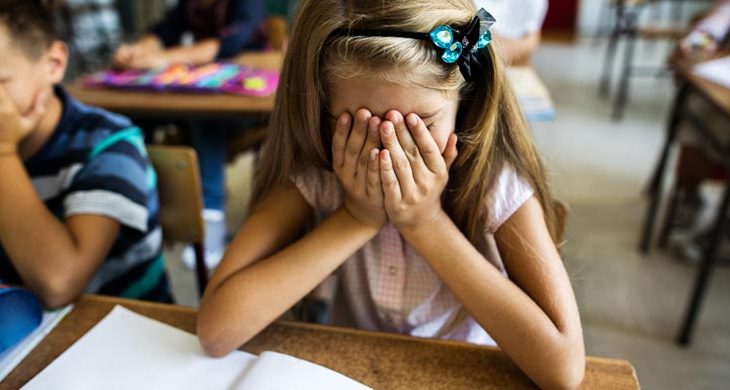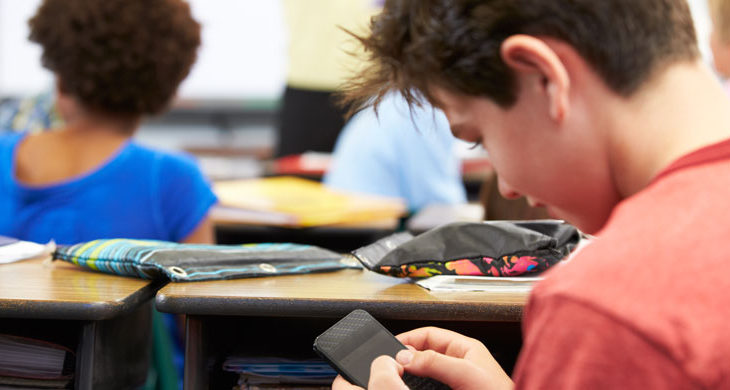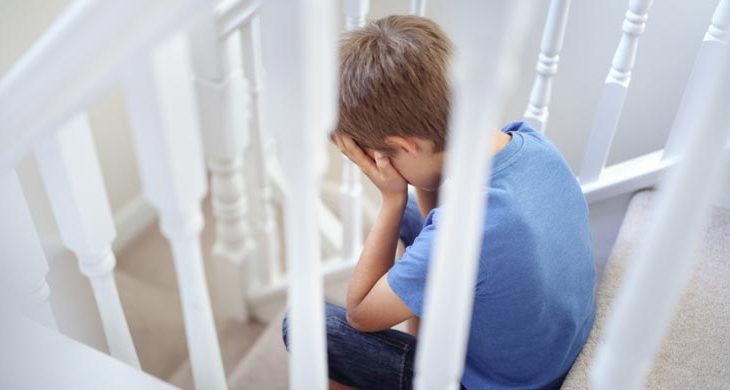Kids go to school to learn, and research shows that access to nutritious school lunches improves students’ focus and ability to concentrate and perform effectively at school. Unfortunately, what many students take for granted—access to well-balanced, nutritional meals—many other students find lacking.
An Increasingly Common Struggle
Recognizing that many families with school-aged children struggle to put food on the table (particularly fresh, wholesome food), the U.S. government enacted the National School Lunch Act in 1946. Today, the National School Lunch Program, which operates in more than 100,000 schools nationwide, serves 30.4 million students each day. Of the five billion lunches served annually, 20.1 million are provided free of charge, two million are provided at reduced price to qualifying low-income families and 8.2 billion are provided at full price. The number of children receiving free or reduced-cost lunches has climbed steadily from 20 percent in 1970 to 45 percent in 1980, 57 percent in 2000 to more than 73 percent in 2016.
While the cost of reduced ($.40 per student) and full-price (averaging less than $2.60 per meal) lunches seems minimal, many families struggle to pay, as evidenced by the fact that more than 75 percent of U.S. school districts report having students with outstanding school lunch debt. This struggle has led to an increasingly common phenomenon referred to as “lunch shaming.” Lunch shaming ranges from confiscating a child’s hot lunch tray and switching it out with a cold, basic brown-bag lunch, stamping a payment reminder directly onto the child’s body or requiring students with lunch debt to clean tables or mop floors in the cafeteria.
Reversing Course: Schools Act to End Lunch Shaming
In April, the School Nutrition Association distributed a press release addressing the lunch shaming controversy. The association noted that, in one respect, school lunch personnel’s hands are tied. The U.S. Department of Agriculture, which oversees the school lunch program, mandated that beginning with the 2017–2018 school year, schools must attempt to collect unpaid meal debt. However, the association said, schools have options in how they pursue the issue. Thanks to recent publicity surrounding the humiliation and embarrassment of public lunch shaming, many schools are pursuing discreet ways to address school lunch debt.
Alternatives to the Dreaded Brown Bag: A Kinder Approach
In April, New Mexico lawmakers made it illegal to shame children whose parents are behind on lunch payments. Other school districts, such as the Chariho Regional School District in Rhode Island, have eliminated “alternative lunches” for students with outstanding debt. Cafeteria personnel in that city continue to provide the daily hot lunch to all children, but use outside third-party collections agencies or small claims court suits to address the nonpayment issue outside of school.
In Texas, House Representative Helen Giddings recently authored House Bill 2159, which would require school districts to “leave the child out of it” and attempt to collect unpaid debt from parents. If that’s not successful, they would be able to pay off the balance using donations from the community.
Private donations, it seems, may end up playing a pivotal role in ending lunch shaming. A Sherman, Texas, business owner made headlines May 16 for writing a check for $8,550 to pay off every unpaid cafeteria balance in the Sherman ISD (without his help, 850 students with outstanding lunch balances may have been prohibited from participating in end-of-year activities, including graduation.) Another newly formed nonprofit, Feed The Future Forward, was created to “ensure that every child is fed well while at school.”
How do you think schools should respond to lunch shaming practices?
,










